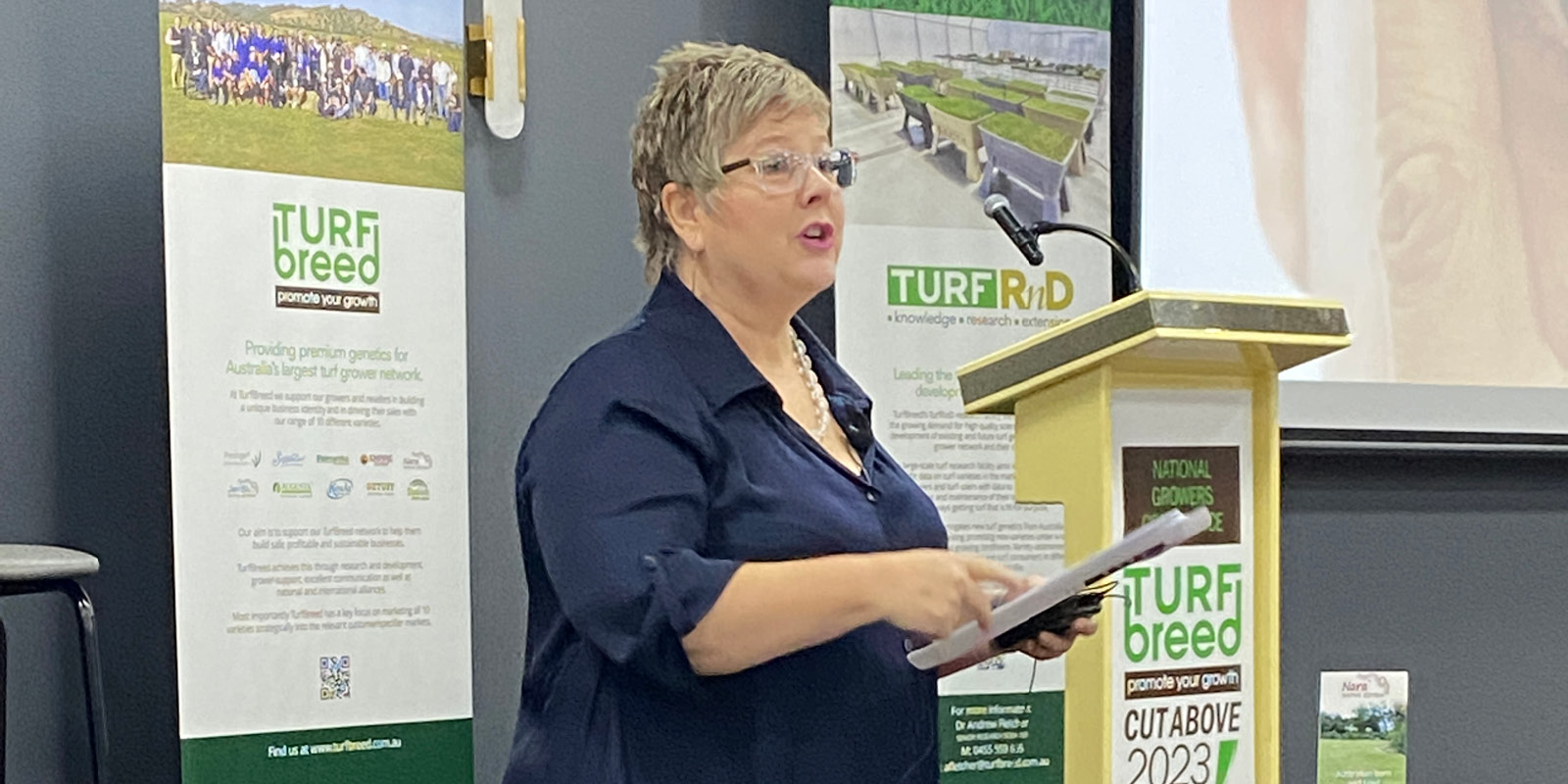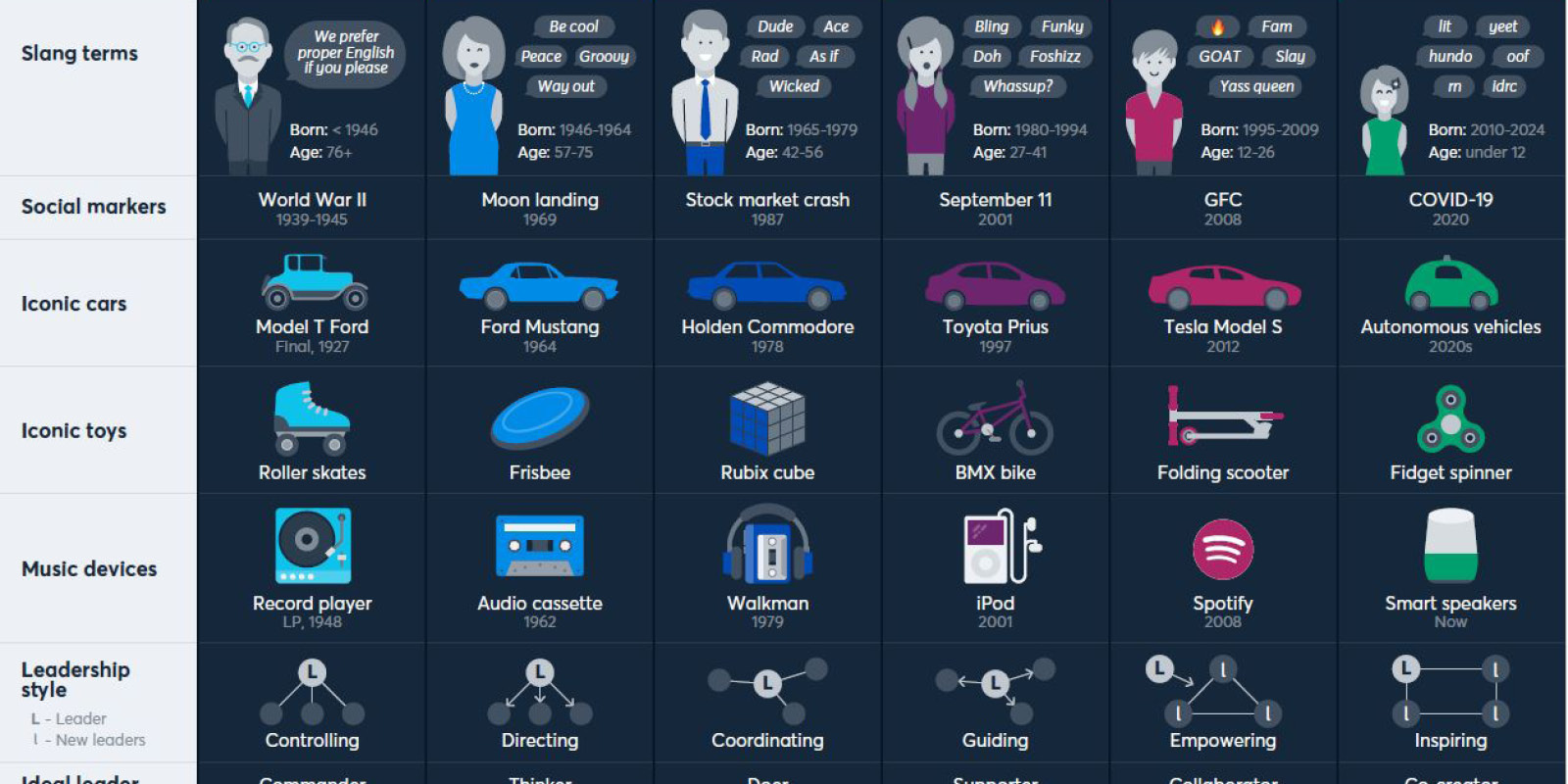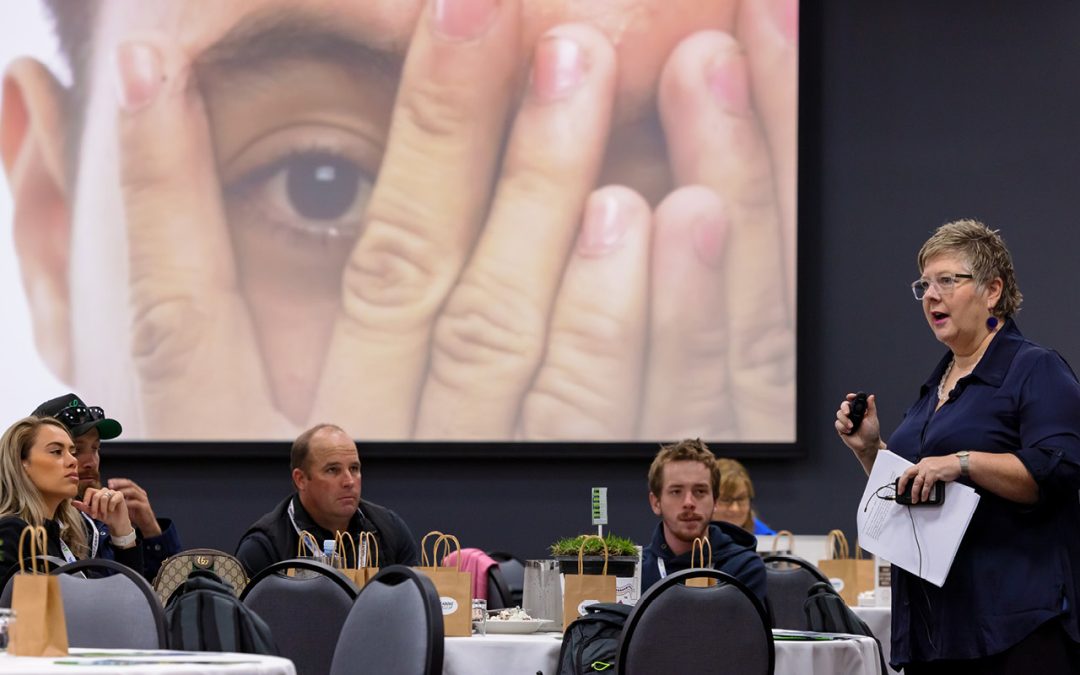We might not look like Henry Cavill as Superman, Gal Gadot as Wonder Woman or Chris Hemsworth as Thor, but even everyday people have superpowers that can benefit the turf industry.
That was the message from leadership trainer Jill Briggs, who delivered the keynote address on the topic of “Turf Teams – fully utilising your superpowers” at this year’s TurfBreed National Growers Conference in Albury.
Jill, who is managing director and founder of Affectus and works solely in primary industries, also took delegates through several exercises designed to identify the skills, attributes, expertise and knowledge of their teams.
“I want to talk to you about how often we don’t know our own superpowers and we don’t know the impact of our own superpower,” she said.
“The thing about superpowers is, most of the time they are hidden, and we don’t use them. But once we name them, we start owning them, we start seeing them and we start using them.”
Jill said there were two cohorts in the turf industry with hidden powers that were grossly underused: women and young people. “If you aren’t utilising them, if you don’t know about them, if you haven’t bothered to find out what skills and attributes they can bring to your business, then there’s an easy win,” she said. “It’s also the job of those people to say occasionally, ‘Here I am, this is what I’ve got’.”
Jill went on to highlight some of the characteristics of distinct personality types, how people responded to change, and differences between generations.
Examples of personal qualities included:
• Extraversion – outgoing people who talk a lot
• Introversion – those who think more than they talk
• Agreeableness – people who won’t rock the boat
• Conscientiousness – those who finish projects, dotting the Is and crossing the Ts
• Openness – people who bring new ideas into the workplace.
Most people also fell into four main groups:
• Radicals – who love change and want to do it now
• Progressives – who find change exciting but want to look at the whole picture
• Conservatives – who can see the need for change but want to be careful and take it slowly
• Traditionalists – who are resistant to change.
While it might be tempting to try to build teams of people who get along and think “exactly the same way as you”, diverse teams were better positioned to both weather change and help the business innovate and flourish.

Jill said it was up to managers to be aware of any tension between the groups and encourage people to role play different types during team meetings to build empathy and appreciation of each other’s strengths.
“Change is constantly happening in your industry,” she said.
“So if you’ve got a whole heap of people who are resistant to change, the traditionalists, this is going to be harder for them.”
Then there were the generational differences. According to McCrindle Research, the largest group in the workforce today is the Millennials, also known as Gen Y, who were born between 1980 and 1994.
 By 2030, it’s estimated there will be as many Gen Zs (aka Next Gen, born 1995-2009) as Gen Xs (born 1965-1979) in jobs.
By 2030, it’s estimated there will be as many Gen Zs (aka Next Gen, born 1995-2009) as Gen Xs (born 1965-1979) in jobs.
Jill, a self-described Baby Boomer (born 1946-1964), said it was time to focus on Gen Z as more than potential consumers.
“They are our future and current growth space for employees,” she said.
“There’s lots of them out there and they’re smart. But our responsibility as business owners is to work out how to make these people feel comfortable, secure and fulfilled.”
One of the key factors in retaining good staff is motivation.
Jill said research from the United States had found young people were attracted to agriculture by the opportunity to be autonomous over both machinery and their workday, “instead of being a shit kicker for a very long time”.
“Think about whether you’ve got a workplace that’s asking people to turn their brains on … But the other thing about keeping people happy is to understand what motivates them,” she said.
“If they’re motivated intrinsically, then you have to let them set their own goals. Extrinsic is easier. You give them a bunch of flowers, a Christmas bonus if you’ve got money for more, or a six pack every other Friday night … reward them in a way that works for them.”
More details affectusaus.com.au

